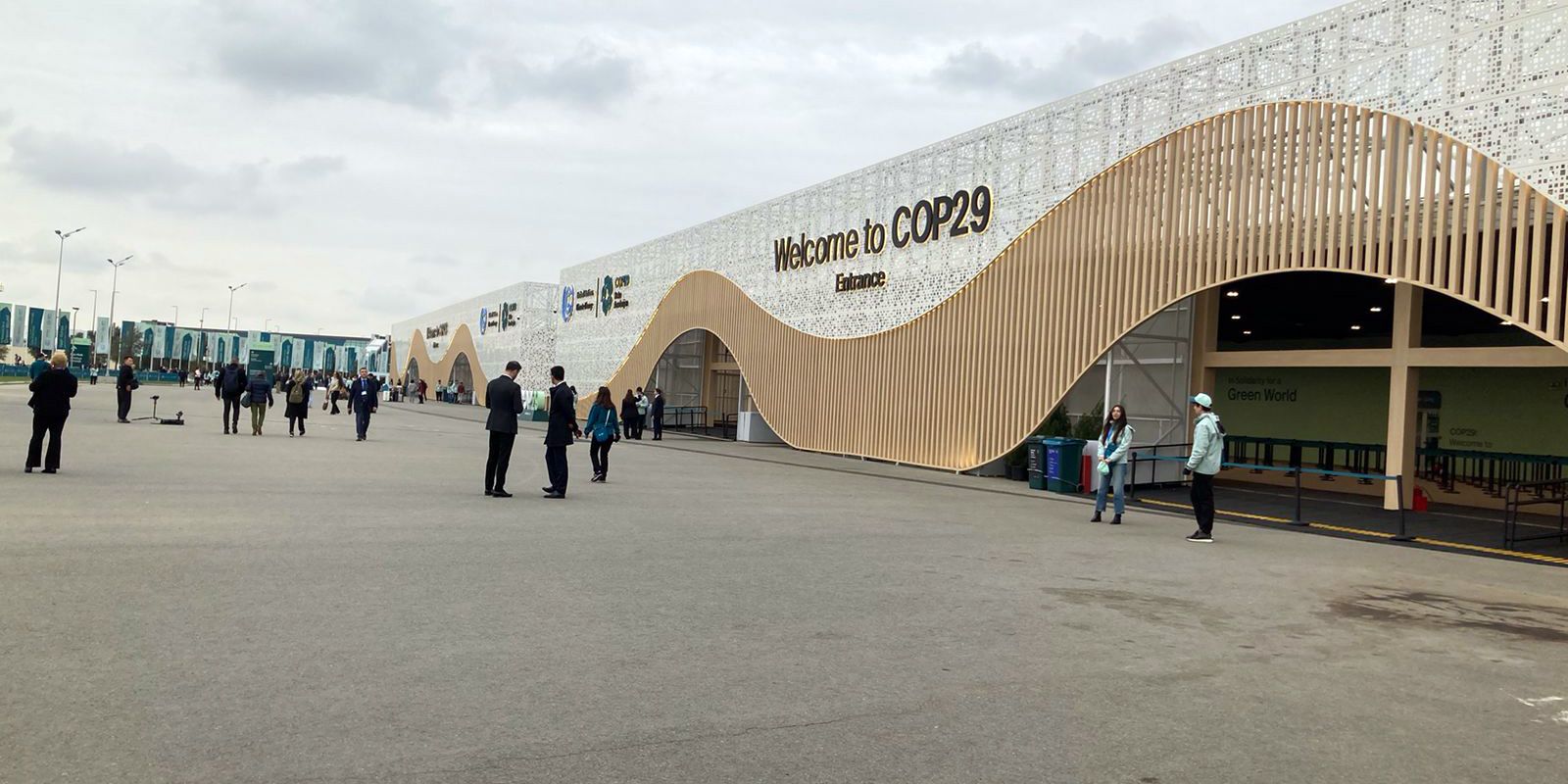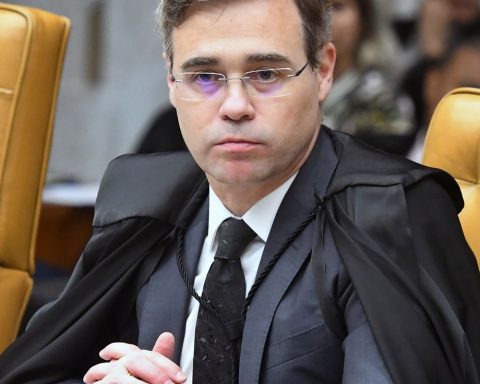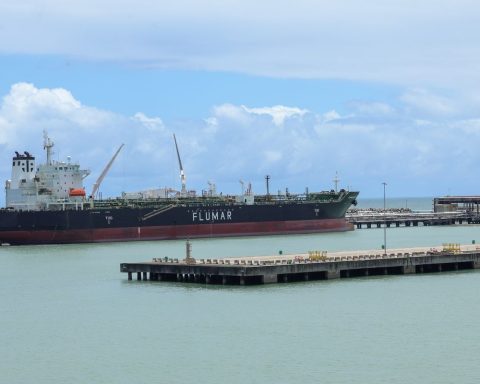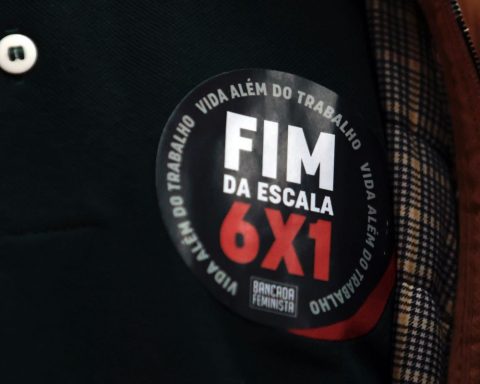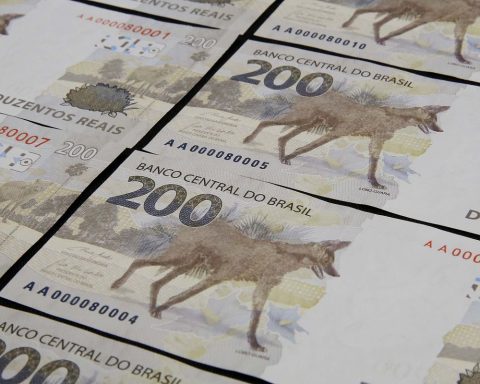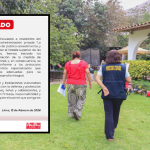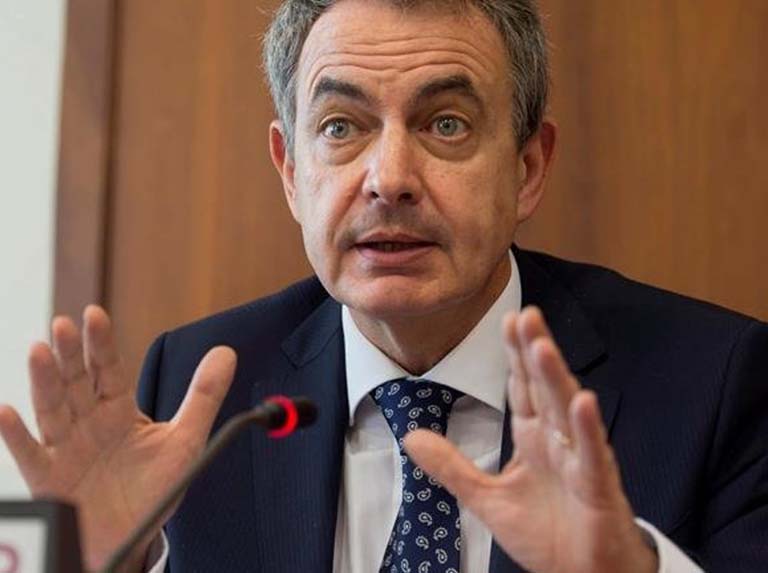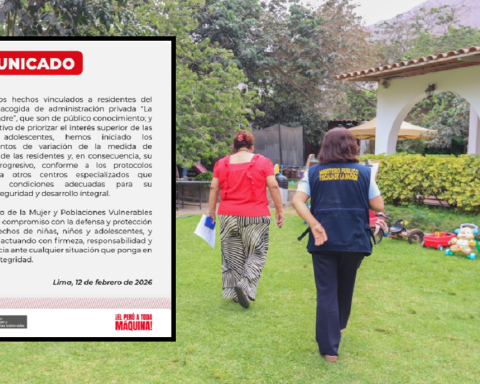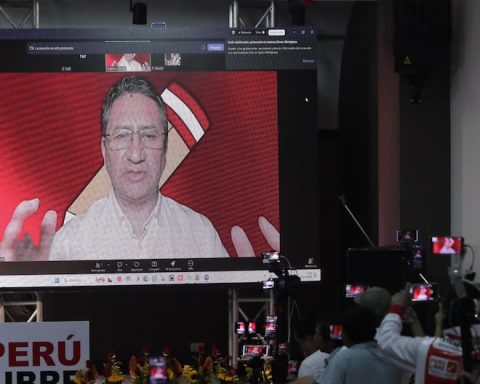A second proposal for the New Global Quantified Finance Target (NCQGits acronym in English) worth US$ 250 billion per year until 2035 was brought to the negotiating table of the 29th United Nations Conference on Climate Change (COP29), this Friday (22). On the last day of climate negotiations in Baku, Azerbaijan, parties demonstrate that they are far from consensus.
The new text determines that “developed country parties take the lead in financing climate action for developing country parties”, from a wide variety of sources, public and private, bilateral and multilateral, including alternative sources. The document establishes a staggered objective of achieving climate financing of US$1.3 trillion per year by 2035.
Brazilian social organizations that follow the negotiations in Baku consider the proposal to be very bad and are already calling for a mobilization for countries to improve the final text based on the reflection No Decision is Worse than a Bad Decision.
“In this latest iteration, the number of paragraphs reflecting consistent decisions decreased from 26 to four, compared to the previous proposal. The value of the NCQG is infinitely lower than what we expected”, says public policy specialist at WWF Brazil, Tatiana Oliveira.
According to the analyst, the expansion of financial sources could also represent a decrease in public resources that originate in developed countries, the main emitters of greenhouse gases that lead to climate change. The same occurs with the invitation to emerging countries, such as China, for example, to make additional contributions, especially to South-South Cooperation, with voluntary remittances to the least developed and most vulnerable countries. “This opens gaps for the demand of developed countries to expand the base of donor countries to be crystallized, undoing the ‘principle of common but differentiated responsibilities’ provided for in the Paris Agreement”
In the opinion of WRI Brasil’s climate policy manager, Míriam Garcia, the text is still a very initial proposal that needs improvement and adjustments that must be negotiated over the next 40 hours. “It is a text that builds bridges as an initial number option so that the parties can engage and build a consensus”, he says.
According to Miriam, the group of developing countries G77+China began building an agreement around the initial value of US$500 billion in financing by developed countries, which was not translated into this second text. For the analyst, there is still room for the value to come close to what was expected. “In addition to the quantum, it will still be necessary to improve the part that deals with the form of financing, how much will be concessional, detail the financing for adaptation and perhaps even double the percentage in the relationship between mitigation and adaptation”, he explains.
According to analysts, the expectation is that, as in previous COPs, the closure scheduled for this Friday will be extended for another day or two, until negotiations result in a final consensual agreement.
